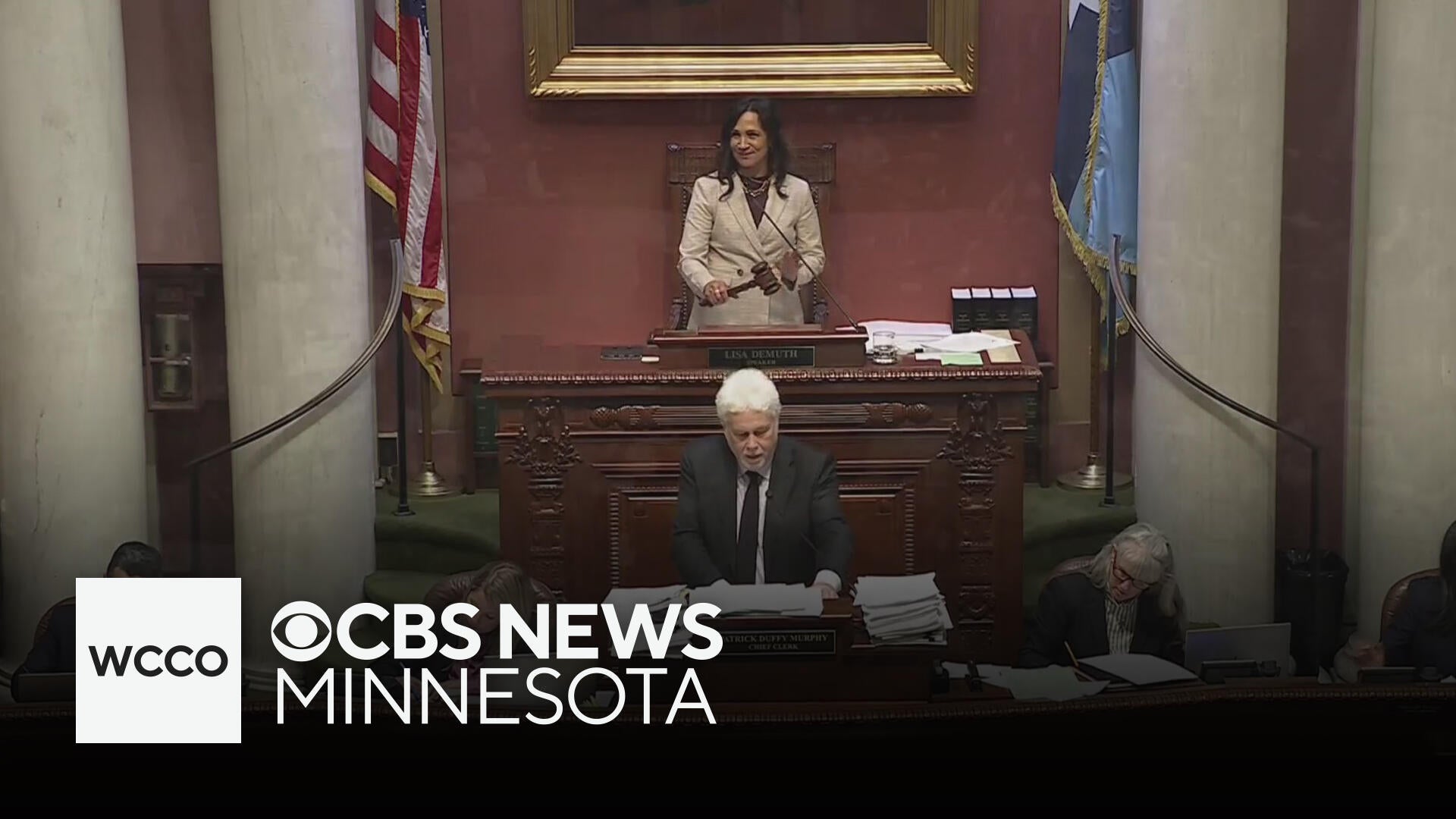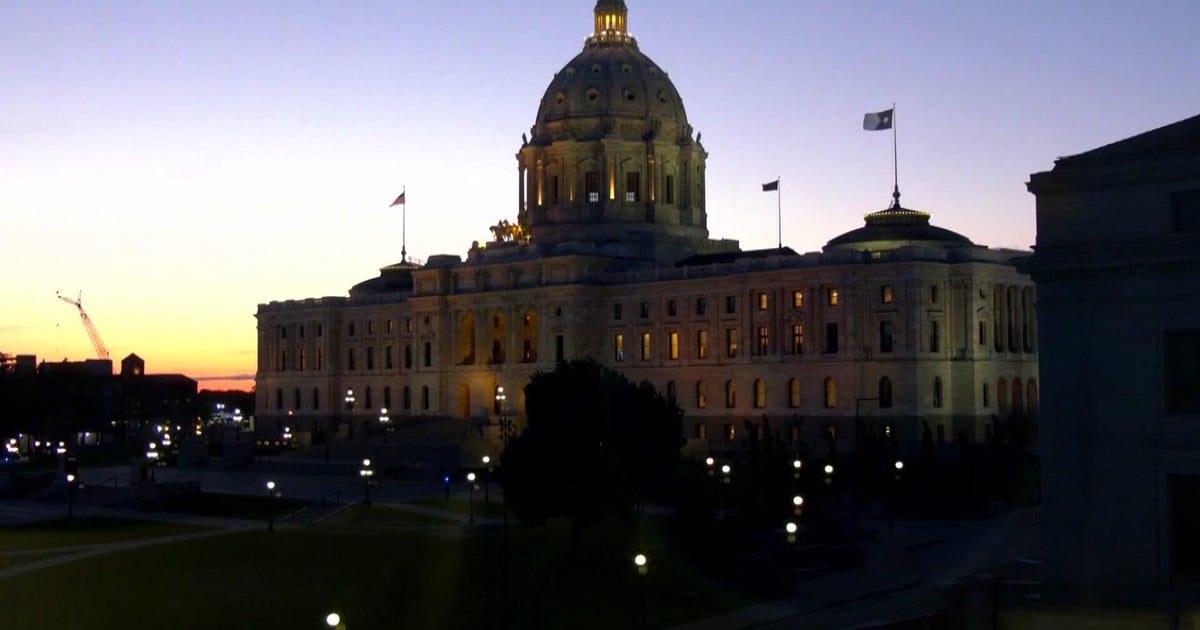Minnesota Legislature votes to remove undocumented immigrant adults from state health program
A contentious proposal that will remove undocumented immigrant adults from a state health care coverage program cleared the Minnesota Legislature on Monday during its one-day special session — a key part of the compromise in the divided Capitol to pass the next two-year state budget.
The measure makes undocumented adults no longer eligible for MinnesotaCare by the end of this year, just months after the DFL priority took effect in January. It's on its way to Gov. Tim Walz's desk, and he's expected to sign it. There is a provision in another proposal that will withhold funding for the health department if he doesn't.
The change was a sticking point during negotiations between Democrats and Republicans, for whom repealing that law was a top priority in the divided Legislature. GOP lawmakers are concerned about growing enrollment and the cost to the state in future years.
"If California and Illinois can't make the numbers work, what makes us think Minnesota can? The question before us is simple: Will we continue down a path of fiscal recklessness or will we act now to protect Minnesota taxpayers?" said Rep. Harry Niska, R-Ramsey.
Meanwhile, the bill sparked fierce pushback and emotional testimony from DFL lawmakers who said the change will cause irreparable harm. Former DFL House Speaker Melissa Hortman, who negotiated the budget deal, was the sole Democrat to vote for it in the tied House chamber despite her personal opposition, clearing the way for its passage.
"This bill is cruel. It is inhumane. And it will cost real human, Minnesotan lives," said Rep. Jamie Long, DFL-Minneapolis.
More than 20,000 undocumented immigrants are enrolled in MinnesotaCare, which is more than expected for the first four months of the year, and 24% of them are children under 18, according to data from the Minnesota Department of Human Services. The cost to the state is slightly more expensive than originally estimated for this period.
From January through the end of April, paid claims totaled $3.9 million, DHS data showed, but a spokeswoman said it is too early to know if it would have been as costly in a few years as Republicans claimed.
The House debated it for four hours, while demonstrators — who were already outside the chamber before they gaveled in — held signs reading, "Health care cuts kill."
The Senate followed suit later with all GOP votes plus four Democrats, including Senate Majority Leader Erin Murphy, DFL-St. Paul, who held back tears as she spoke about the bill.
"We will regain coverage for people because we are compassionate people, and that's what we do in Minnesota. I made an agreement. I gave my word. I will vote for this and it's among the most painful votes I've ever taken," she said.
Lawmakers reached a budget agreement early Tuesday morning, avoiding a government shutdown. The House adjourned before 11 p.m., while the Senate adjourned just before 2 a.m. Tuesday.
Passing the MinnesotaCare coverage rollback was the most contentious proposal on the to-do list, which included 14 bills.





